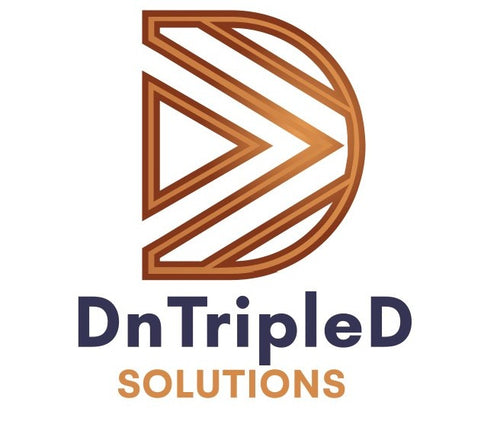International Standards for Apheresis and DFPP
There are multiple sets of therapeutic apheresis standards globally; the following three are considered international best practice:
- United States of America: "Guidelines on the Use of Therapeutic Apheresis in Clinical Practice – Evidence-Based Approach from the Writing Committee of the American Society for Apheresis: The Ninth Special Issue" (2023) covering 91 diseases and conditions with 166 graded indications for therapeutic apheresis procedures - https://onlinelibrary.wiley.com/doi/10.1002/jca.22043; https://www.ammtac.org/docs/articulos/Guias%20ASFA%202023_compressed.pdf,
- Germany: Standard der Therapeutischen Apherese 2023 (Deutsche Gesellschaft für Nephrologie e.V.) covering a broad spectrum of diseases - https://www.dgfn.eu/apherese-standard.html, and
- Japan: The Japanese Society for Apheresis clinical practice guideline for therapeutic apheresis" (2021) covering 86 diseases - https://onlinelibrary.wiley.com/doi/10.1111/1744-9987.13749.
These standards comprehensively include diseases and conditions for which therapeutic apheresis is recommended, and for each disease provide: description of the mechanism how apheresis works for the specific disease, information about apheresis types (including selective apheresis methods such as DFPP where relevant), recommended number of apheresis procedures and list of research publications confirming the use of apheresis for that disease.
Each standard reflects evidence-based medicine principles, with disease indications supported by literature reviews encompassing domestic and international research studies, clinical trials, and registry data specific to their respective healthcare systems and patient populations.
ASFA Standards (USA)
The American Society for Apheresis (ASFA) publishes international guidelines for therapeutic apheresis, updated every three years using systematic reviews and evidence-based approaches. The current Ninth Edition (2023) comprises 91 fact sheets and 166 graded and categorized indications for therapeutic apheresis. ASFA guidelines include therapeutic apheresis modalities, including selective apheresis.
The 2023 Ninth Edition contains bibliographies with each of the 91 fact sheets citing research spanning decades.
Structure & Methodology:
Uses GRADE methodology for evidence evaluation (letter code indicating evidence quality, ie A = high-quality evidence, B = medium-quality evidence, C = low- or very-low-quality evidence), and categorizes treatments into four categories (I-IV) based on treatment priority and evidence quality
- Category I: First-line therapy with strong evidence
- Category II: Second-line therapy
- Category III: Optimum role uncertain
- Category IV: Not recommended
Standard of Therapeutic Apheresis (Germany)
German therapeutic apheresis standards are developed through a collaborative network of medical societies, with the Deutsche Gesellschaft für Nephrologie (DGfN) playing a central role alongside other German medical organizations. German standards include various apheresis techniques including DFPP and hemoperfusion.
German standards reference research from European medical centers, multicenter trials, and international studies. For conditions like familial hypercholesterolemia and cardiovascular applications, German standards cite research including registry data, randomized controlled trials, and outcome studies.
Japanese Society for Apheresis Standards (Japan)
Japanese therapeutic apheresis standards are primarily developed by the Japanese Society of Nephrology (JSN). The Japanese Society for Apheresis co-sponsors "Therapeutic Apheresis and Dialysis" journal that publishes research on apheresis techniques. Japanese standards cover various apheresis methods including selective apheresis.
Japanese standards cite research for each covered disease, including studies from Japanese registry systems, clinical trials conducted in Japanese populations, and international research. For conditions like ANCA-associated vasculitis or neurological disorders, Japanese guidelines reference studies ranging from single-center experiences to multicenter trials.

